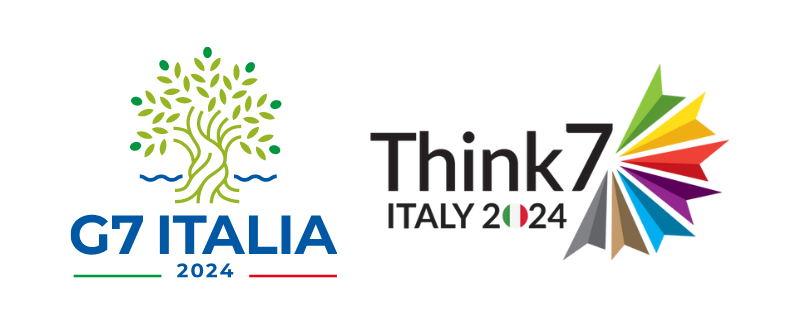It took more than a decade for developed countries to start fulfilling the 100 billion US dollarsclimate finance pledge from the Copenhagen COP15 and tensed discussions prevailed for thecreation of the loss and damage fund acknowledged at the COP28. Hence, global commitmentsremain far from matching the actual needs of developing countries, both in terms of quantityand quality.In 2023, think-tanks from the G7 (T7) and G20 (T20) underlined that addressing the climatecrisis is inseparable from enabling just energy transitions and from addressing the debt crisis inthe Global South. Additionally, climate adaptation scenarios have been overlooked in favour ofclimate mitigation pathways, largely reflecting developed nations priorities.Whereas converging evidence show that the 1,5° limit set up by the Paris Agreement couldnot be achieved by 2030 and global warming tends to accelerate, energy security has swiftlytaken the centre stage of climate talks. Fossil fuel subsidies have reached historically highlevels, including in G7 countries, while geopolitical uncertainties affect the allocation of ODA.This questions the feasibility of recent pledges by the G7 – and other major countries, whereasvulnerable countries such as small island states are exposed to rapidly mounting risks.Climate finance, quoted by UNFCC as the “great enabler of climate action” at the COP28 isacknowledged as a priority for the climate talks ahead of the Baku COP29. However, accessingto climate finance – public, private, blended – remains challenging for many lower- and middle-income countries, in a context of fragmented geopolitics which weakens existing multilateralinstitutions.Unlocking climate finance, especially in the countries that are on the forefront of climaterisks, is a priority of common interest for all. Therefore, the present policy brief explores someclimate actions which the G7 could rapidly spearhead to restore a multilateral capacity to act –including financially – for and with the most vulnerable. It also calls for an enduring cooperationamong think-tanks within the G7 and G20, and beyond.The present policy brief is complemented by two special focus, exploring the impacts of climatedisclosure to support the unlocking of climate finance and proposing an innovative roadmap forsustainable ocean financing.
Register for Updates
Would you like to receive updates on the Global Solutions Initiative, upcoming events, G7 and G20-related developments and the future of multilateralism? Then subscribe here!
1 You hereby agree that the personal data provided may be used for the purpose of updates on the Global Solutions Initiative by the Global Solutions Initiative Foundation gemeinnützige GmbH. Your consent is revocable at any time (by e-mail to [email protected] or to the contact data given in the imprint). The update is sent in accordance with the privacy policy and to advertise the Global Solutions Initiative’s own products and services.








